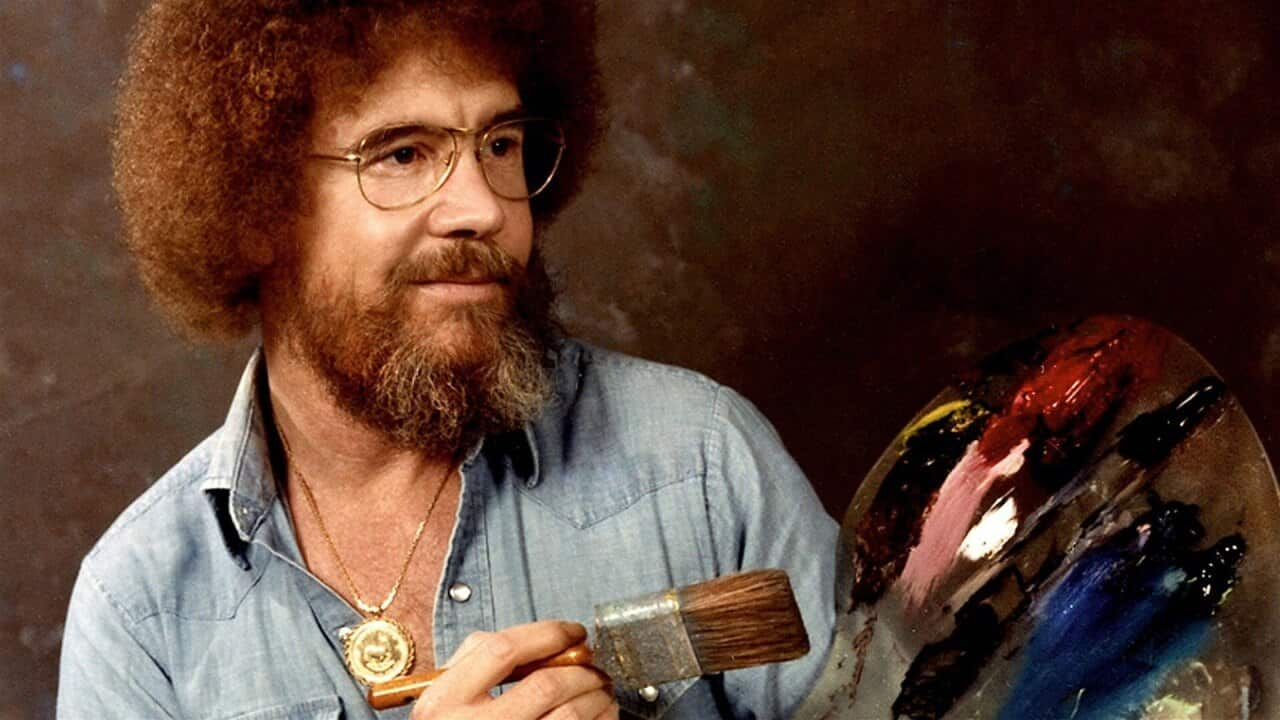Bangla, the TV series created by and starring Phaim Bhuiyan, has a lot in common with the 2017 American sleeper-hit rom-com The Big Sick, starring Kumail Nanjiani and Zoe Kazan. Both are comedies about a couple trying to overcome their cultural differences to be together.
They’re also both stories about fitting in, or at least trying to fit in; a neurotic, second-generation Muslim protagonist searches for his own identity in a Western country while trying to hold on to his roots. But most importantly, these are both stories about looking inwards as a society – how do we view people who may be culturally different from us? Do the things that make us different become a catalyst in driving us further apart or bringing us together? In Bangla, we’re introduced to Phaim (Phaim Bhuiyan), a 23-year-old Bangladeshi Muslim who calls himself “50% Bangladeshi, 50% Italian”. He’s about to have sex for the first time with his girlfriend Asia (Carlotta Antonelli), and that’s where the conflict lies. Phaim considers himself a “Bhalo Chele” – a good Bangladeshi guy – and as a “good” Bangladeshi Muslim, he wants to follow the tenets of his religion. He’s forbidden to have sex before marriage, or as Phaim puts it, it’s “somewhat like Christianity, except we don’t ignore it”.
In Bangla, we’re introduced to Phaim (Phaim Bhuiyan), a 23-year-old Bangladeshi Muslim who calls himself “50% Bangladeshi, 50% Italian”. He’s about to have sex for the first time with his girlfriend Asia (Carlotta Antonelli), and that’s where the conflict lies. Phaim considers himself a “Bhalo Chele” – a good Bangladeshi guy – and as a “good” Bangladeshi Muslim, he wants to follow the tenets of his religion. He’s forbidden to have sex before marriage, or as Phaim puts it, it’s “somewhat like Christianity, except we don’t ignore it”.

Phaim Bhuiyan and Carlotta Antonelli as Phaim and Asia in ‘Bangla’. Source: Distributor
But the problem is, as a young man with an attractive girlfriend who he loves, he’s also eager to lose his virginity without having to wait until marriage. Should Phaim hold true to being a “Bhalo Chele” or give in to his sexual desires? This dilemma plays out again and again for Phaim and is a continuous source of tension and conflict in the series, often resulting in hilarious but unintended consequences. Bangla is an extended spin-off of the 2019 rom-com film of the same name, that first introduced Phaim, our neurotic and perpetually overthinking main man, who lives with his mum (Nasima Akhter), dad (Rashid Noorani) and sister (Sahila Mohiuddin) in Tor Pignattara, one of the more multicultural neighbourhoods of Rome. You don’t need to have seen the film to make sense of the series. It’s quick to transport us into Phaim’s world and sets up the central conflicts at the outset, without the expectation of our being aware of the film.
Bangla is an extended spin-off of the 2019 rom-com film of the same name, that first introduced Phaim, our neurotic and perpetually overthinking main man, who lives with his mum (Nasima Akhter), dad (Rashid Noorani) and sister (Sahila Mohiuddin) in Tor Pignattara, one of the more multicultural neighbourhoods of Rome. You don’t need to have seen the film to make sense of the series. It’s quick to transport us into Phaim’s world and sets up the central conflicts at the outset, without the expectation of our being aware of the film.

‘Bangla’ is set in the multicultural Roman neighbourhood of Tor Pignattara. Source: Distributor
A lot of the humour is situational, arising from our two lovers trying to overcome their cultural differences but unintentionally messing it all up in the process. For example, Asia, in an attempt to learn more about her boyfriend’s cultural and religious practices, decides she wants to visit and pray at a mosque, which leads headlong into drama (as the show explores, women can pray at a mosque, but certain conditions have to be met). This is quite a culturally sensitive topic to rely on for humour and it could’ve easily missed the mark. But, the makers are to be applauded for the cultural sensitivity and deft touch with which they have approached and handled these topics. The narrative unfolds as Phaim narrates his diary entries to us, directly. In the post-Fleabag world, sitcoms are relying more and more on breaking the fourth wall. When done right and sparingly, this can feel ironic and self-aware, and Bangla is smart enough to not do this too often. Phaim’s inner monologues are filled with some delightfully acerbic zingers, and more often than not, his favourite targets are people from his own culture and community. Here’s how he describes his mother’s cousin Anisha’s house: “It’s 50% a garage, 50% a cave, and 100% an illegal subletting.”
The narrative unfolds as Phaim narrates his diary entries to us, directly. In the post-Fleabag world, sitcoms are relying more and more on breaking the fourth wall. When done right and sparingly, this can feel ironic and self-aware, and Bangla is smart enough to not do this too often. Phaim’s inner monologues are filled with some delightfully acerbic zingers, and more often than not, his favourite targets are people from his own culture and community. Here’s how he describes his mother’s cousin Anisha’s house: “It’s 50% a garage, 50% a cave, and 100% an illegal subletting.”

The very suitable Sumaya (Nilima Mittal) throws a spanner in the works. Source: Distributor
It’s also at Anisha’s house that Phaim meets Sumaya (Nilima Mittal), who adds another little complication in his and Asia’s already very complicated romance. Sumaya is a second-generation Bangladeshi Muslim, much like Phaim. She’s the perfect match, at least on paper: a “good Muslim girl” to Phaim’s “Bhalo Chele”, adored by her family and Phaim’s parents alike, and orthodox in her religious beliefs to boot. Should Phaim make the pragmatic decision and focus his attention on Sumaya, instead of trying to continue a relationship with Asia that appears doomed from the outset?
The subtle build-up of romantic tension between Sumaya and Phaim as the series goes on makes things even more complicated. Will Phaim make the right choice and figure out what his heart wants before it’s too late?
More from The Guide

Casting call: 'Australia’s Sleep Revolution with Dr Michael Mosley'




